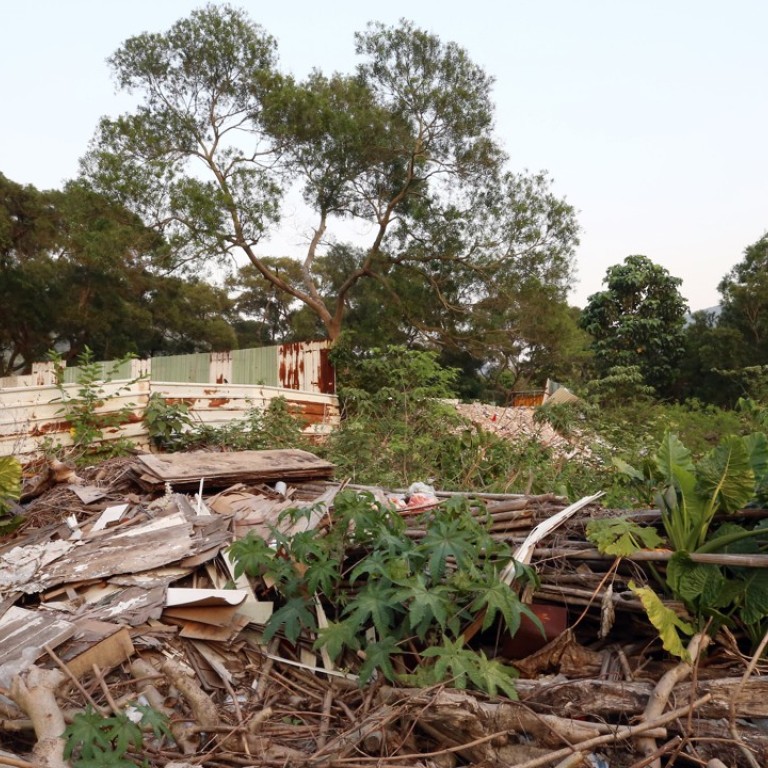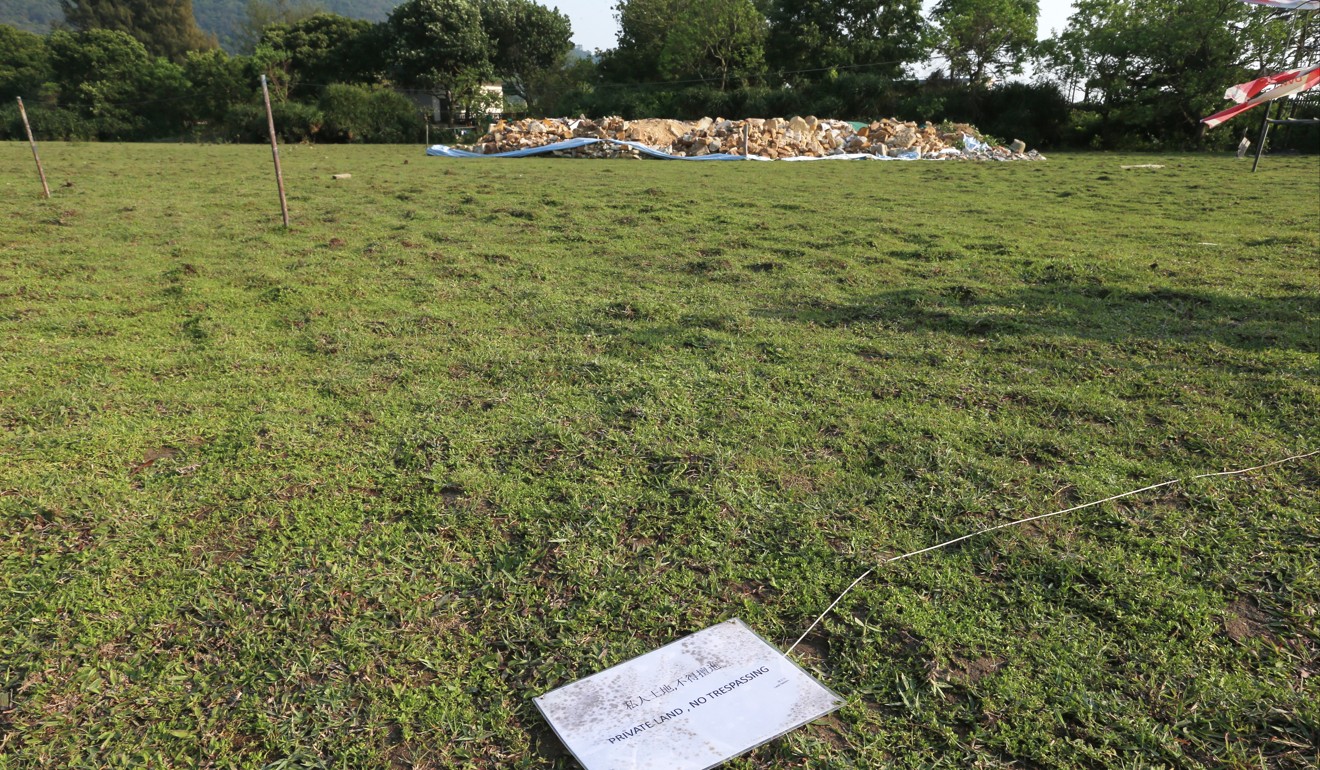
Hong Kong environmental activist loses legal battle to stop Pui O waste dumping
Former chairman of the Green Lantau Association took the director of environmental protection to court in 2015 over construction waste being disposed of near Pui O Beach and its nearby wetlands
A green activist has lost his legal bid to prevent construction waste from being dumped near a well-known beach on Lantau Island and at the wetlands in the area.
The High Court on Thursday ruled against Christian Masset, former chairman of the Green Lantau Association, who took the director of environmental protection to court in 2015, over construction waste being disposed of near Pui O Beach and its nearby wetlands – both within a coastal protection area.
Lawyers for the Mui Wo activist argued in court in 2016 that the lands in question, the wetlands between Ham Tim San Tsuen and Pui O beach, were rich in biodiversity, so the environment watchdog should have the power under the law to reject applications for turning such sites into a wasteland.
But Mr Justice Thomas Au Hing-cheung ruled in his 43-page judgment that the director was not meant to be equipped with such power, after the Waste Disposal Ordinance was amended in 2013.

Masset said he regretted the court decision. “It has the potential to open the door to further destruction of natural habitats in Hong Kong,” he said.
The activist said the dumping activities continued in Pui O to this day. He said he needed time to decide if he would lodge an appeal on what he said was more than just a matter for a local neighbourhood.
“Either we want to protect the capital in the Pearl River Delta or we are happy with total urbanisation of 100 per cent of the land,” he said.
The judicial challenge hinged on a provision added in 2013 to the Waste Disposal Ordinance, which said the director “may affix an acknowledgement” for waste dumping activities at private lands, if he or she was satisfied that the dumpers have already obtained consent from the landowners through a written form submitted to the department.
While the department argued that it is obliged to allow them to proceed, as long as a potential waste dumper has fulfilled the requirement stated in the form, Masset believed that the department had further discretion to consider the relevant environmental impact.
Au, who was invited to read up on the legislative background, ruled on Thursday that when the Legislative Council added the provision in question five years ago, it seemed to align with the version described by the department.

In Hong Kong, it is an offence when waste is dumped on private land without the landowner’s permission.
The judge said the relatively new provision was pencilled in at the time to ensure better law enforcement by the department, which sometimes struggled to ascertain whether consent had been given.
He also highlighted the use of the word “acknowledgement”, which generally did not hint at a discretion, as opposed to the word “permission” or “approval”.
While Masset lawyer’s also challenged that the provision said the department “may affix acknowledgement”, Au said “may” could mean “must”, especially in the present case.
He also said since the case involved private land, one should factor in individuals’ rights to the property when looking at environmental protection.

